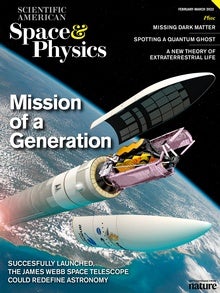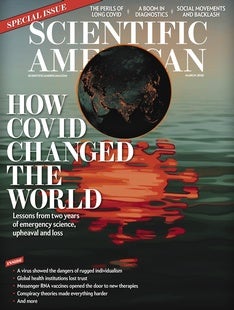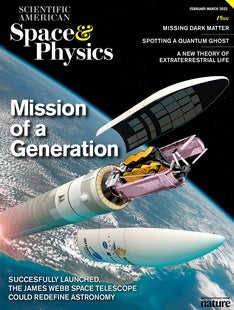 |
| February 22, 2022 |
Dear Reader,
Recently, tech companies have been touting the idea of the metaverse—an immersive, connected virtual-reality environment where people can interact, play and work. In fact, if that virtual environment seemed realistic enough, its inhabitants might mistake it for the real world. And what if that scenario has already happened? That's the question that computer scientist and video game pioneer Rizwan Virk explores in this week's lead story. |
| | Sophie Bushwick, Associate Editor, Technology
| |
 |
| |
| |
| |
| |
| |
| |
| |
| |
| |
FROM THE STORE
 | | | |
| QUOTE OF THE DAY
 "For the past few years, rideshare companies Lyft and Uber have been moving into the non-emergency medical transportation (NEMT) business, offering their networks to healthcare organizations that need to schedule rides for patients... [But] to protect patient privacy, drivers aren't told if their rides are from healthcare partnerships or not." Nicole Wetsman, The Verge | |
| |
FROM THE ARCHIVE
 | | | |
LATEST ISSUES
 |
| |
| Questions? Comments?  | |
| Download the Scientific American App |
| |
| |
























